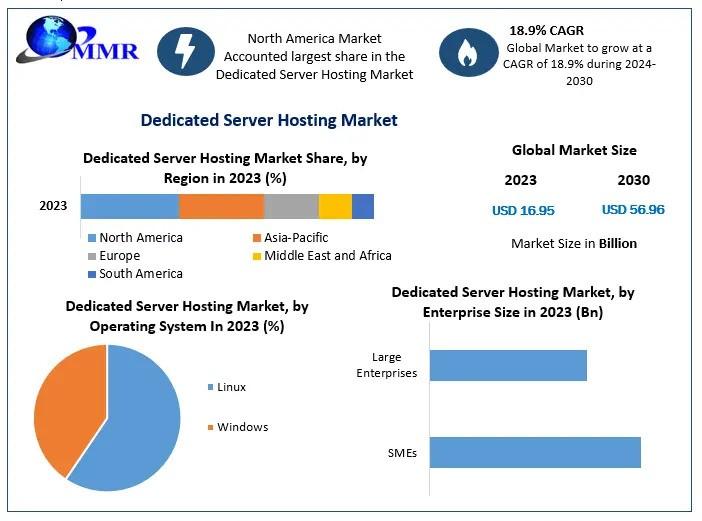As one of the world’s most valuable commodities, data has increasingly been the focus of cybercrime over the past decade. As a core segment of a modernized organization, data-first approaches to business intelligence are extremely common. Its centrality in modern business has led to an average data breach costing over $4.4 million dollars for the attacked company. With this astounding penalty for poor security defenses, the need to backup and protect data has risen to an all-time high.
Typically, companies that wanted to protect their data through backups would do so by creating on-premise storage. However, due to the expanding amount of information that businesses commonly access and utilize, the scope of what organizations needed to save continued to increase. Instead of adding a few external servers and hard drives, or NAS (Network-attached Storage), they now needed to create entire systems, which were costly to install and maintain.
Baas provide an alternative way of engaging with this system, offering a cloud-based system for storing and maintaining all company data. Instead of having to store locally, which could also incur security risks, the third-party approach diversifies data stores while still promoting access and availability.
Cloud services, of which BaaS is popular, have become incredibly popular. As a scalable solution, businesses can access the storage they need without having to radically alter their base infrastructure.
How Does BaaS Work?
Alongside the rise of cloud-based data architecture, backup-as-a-service is a subscription-based model where companies can access resources based on their specific requirements. Each band will allocate businesses dedicated server space and isolated data storage for their business to use for backups. The pricing plans will vary depending on the involved variables, such as total required space, frequency of backup, bandwidth use, and onward.
Alongside core data, businesses can duplicate all of the available metadata on their backups, providing a comprehensive way of protecting vulnerable data. If a business experiences a security event like ransomware, they are able to resort to these backups to circumvent the situation and reestablish business as normal.
Backup-as-a-service provides an unparalleled level of data availability for businesses, promoting a protection-first culture that always offers a solution to disaster events.
Why Are Organizations Turning to BaaS?
Organizations now employ a number of distinct data storage structures to better manage and interact with their available data. For example, companies may use data lakes to store unstructured data and supplement it with a delta lake to support ACID transactions. Yet, even when comparing a delta lake vs a data lake, neither has an effective solution to the sheer scope of data that companies will store in them. If companies want to backup these useful technologies, they do so at the cost of having to create a replica of a huge quantity of data.
Instead of expanding on-premise storage capabilities, many businesses will instead turn to BaaS solutions to more effectively manage their data. Without the initial costs of completely restructuring and adding to data storage architecture, BaaS can be a much more cost-effective solution. Beyond this, there are a number of reasons that organizations are turning to BaaS:
- Expanding Amounts of Data — As businesses have to contend, balance, and manage growing pools of data, the need for large-scale backups has increased. To accommodate this shift, BaaS provides a highly-scalable way of backing up data without needing to modify on-premise systems.
- Increasing Number of Updates –– Organizations will typically backup at least once a week, but many will run at least partial backups on a daily basis. Due to the international growth in productivity, in line with new technologies and tools, businesses can achieve much more in a single day. In order to ensure all data is available, businesses can push backups to BaaS partners as often as they’d like, preventing any mass-loss opportunity.
- Expanding Cyber Risk — 2023 is a leading year in terms of the total amount lost to data breaches and the number of attacks localized on organizations. Frequent backups in a scalable environment help to prevent this, providing an alternative solution if any disaster event is to occur.
BaaS empowers developers, security teams, and whole organizations to take a more proactive approach to preventing data loss.
The Technology that Makes BaaS Effective
Backup as a service is made effective due to the underlying technology that is available to both suppliers and organizations alike. The underpinning cybersecurity, defense, and productivity mechanisms help to propel the utility of these services forward.
There are a number of central technologies that make BaaS effective:
- Data Encryption — Leading backup-as-a-service providers offer extensive backup encryption, converting plain text into ciphertext and providing the key to translate the cipher back. Without the detection key, those that manage to overcome the other security precautions are still unable to read the data. Encryption is a vital cyber defense that BaaS services can provide.
- Compliance Auditing Automation –– Backup compliance auditing ensures that backups are up to the correct standards in terms of data protection, reliability, availability, and recovery possibility. Most BaaS systems will automatically categorize and group data for effective auditing, speeding up this process and helping to boost minimum security standards in an organization.
- Extensive Automation –– Especially following the rise of AI tools, businesses have several opportunities to automate their backup and storage processes. Organizations can specify the specific conditions and how they want to store data. When new data is detected following a backup request, the BaaS provider will automatically categorize it and store it in the most effective way possible.
While not an extensive list of the core technologies that have made BaaS so effective, their variance and application to distinct fields show how dependable these cloud offers have become.
Final Thoughts
BaaS enables businesses to overcome the potentially inhibiting initial conditions that are required to make and execute an effective backup strategy. Especially in a world where the core IT and data teams will mostly suffer the blame for cybersecurity breach events, moving toward an external system will help to both protect data and promote the well-being of all connected teams.
Despite the current architecture that businesses have available, the rising cyber threat is making BaaS services a more attractive option. For those that want to add an extra layer of protection, the ability to outsource security storage and disaster recovery is a powerful option. Over time, the prevalence of cloud-backup solutions will increase to accommodate the exponential volumes of data that businesses must store.
Image credit: Maridav / depositphotos

Peter Davidson works as a senior business associate helping brands and start ups to make efficient business decisions and plan proper business strategies. He is a big gadget freak who loves to share his views on latest technologies and applications.
https://betanews.com/2023/09/02/leap-to-backup-as-a-service-baas/






